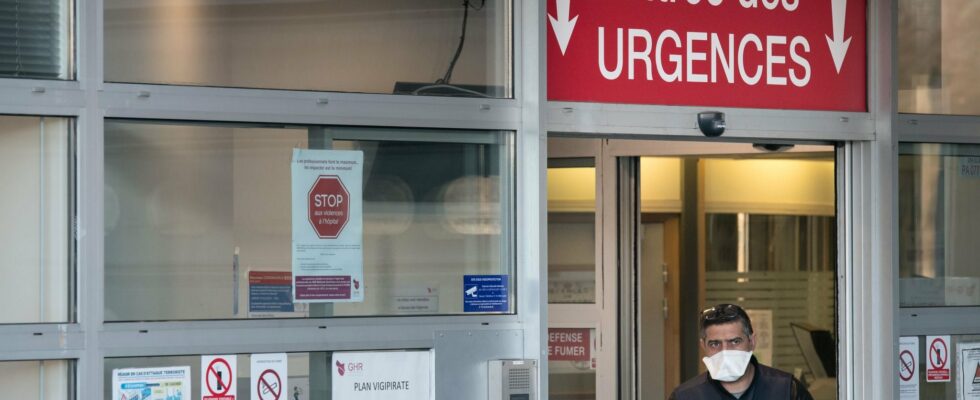Expenditure linked to medical care and goods has “accelerated” to reach 249 billion euros in 2023 (+ 5.2%), or an average expenditure of 3,660 euros per inhabitant, according to the annual report on the health accounts of the Dreespublished this Thursday, November 21. This consumption of care and medical goods (CSBM) is “more dynamic than before the crisis”, driven by the consumption of hospital care (+ 5.7%), community care (+ 5.7%) and medicines (+ 3.1%), specify the statistical services of social ministries (Drees). The share of this expenditure in GDP decreases slightly to stand at 8.8%, a level close to before the Covid-19 epidemic. Between 2010 and 2019, the growth in this spending was approximately 2.0% per year.
The CSBM covers hospital care, fees for doctors, dentists or analysis laboratories, paramedical care, patient transport, medicines and medical devices, etc. However, its scope does not include long-term care or prevention, like vaccination.
In detail, expenses linked to hospital care reach 122 billion euros (49% of the total), driven by hospital salaries and the rise in energy prices. Prices have increased further in the public sector, the result of a “marked increase in hospital remuneration”, including the increase in compensation for night and weekend shifts, decided in the summer of 2023. Care city costs cost 72 billion euros (+5.7%). The increase is especially strong among specialist doctors (+ 6.6%). Between 2019 and 2023, spending among specialists increased by 18.5%, compared to 3.4% among general practitioners. In 2023, the cost of medical transport has also increased significantly (+10.8%).
274 euros remaining payable per year per person
Spending on medicines “increases for the third consecutive year”, reaching 33 billion euros. For Drees, this increase reflects in particular “the effect of innovation”, while the number of boxes of reimbursable medicines dispensed in pharmacies decreases by 1.1%.
Since 2019, the structure of financing health expenditure has evolved: Social Security and the State financed 80.1% of the CSBM in 2023, i.e. 1.5 points more than in 2019, while complementary organizations financed 12.4% (-0.7 point) and households 7.5% (-0.9 point). For households, this remaining cost, after reimbursements from Health Insurance and supplementary health insurance, amounts to approximately 274 euros over the year per person.
